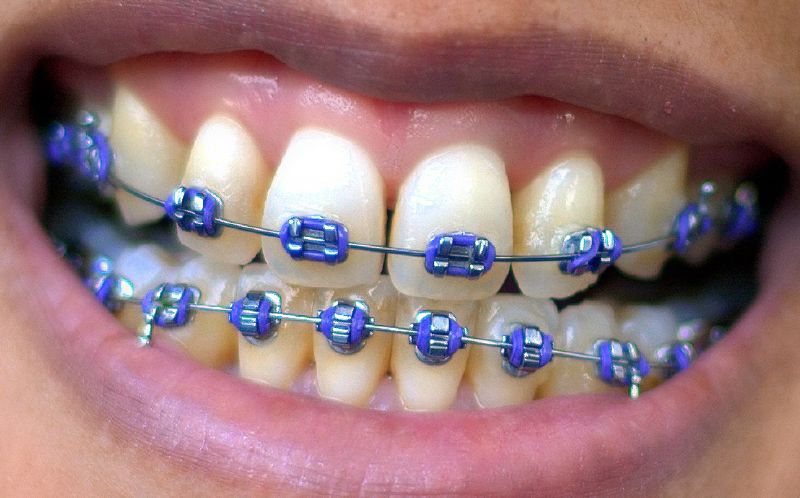If you want healthy teeth and to avoid having a lot of fillings then you need to do everything you can to help prevent tooth decay. Tooth decay causes your teeth to weaken over time and develop holes and cracks that require filling, or sometimes even replacing all together. To help you avoid this, below are some of the best ways to prevent tooth decay.
Everybody knows the foods you should avoid to prevent tooth decay – sweets, fizzy drinks, hard candy etc. However there are also foods you can eat that will help to strengthen your teeth. Calcium is one of the best ingredients for preventing tooth decay. This is why young children are often encouraged to drink milk to make their teeth stronger. You can get calcium from any dairy products though, including cheese and yoghurt.
Other great foods for preventing tooth decay are fruits and vegetables that are high in fibre. Some excellent foods to go for are figs, raisins, bananas, apples and oranges. Whole grain foods such as brown rice and brown bread are also great for preventing tooth decay.
2. Brush regularly
It might seem obvious but one of the best ways to prevent tooth decay is by brushing your teeth regularly. Ideally you would brush your teeth after each meal, although this isn’t practical for everybody. You should brush your teeth twice a day – once in the morning and once before you go to bed. This will go a long way to help your teeth stay clean and healthy as well as preventing tooth decay.
3. Always floss
Flossing is something that most people neglect but it’s something that most dentists would recommend as strongly as brushing your teeth. Whilst brushing will allow you to remove plaque from the front of your teeth, the tiny gaps between your teeth can only be cleaned properly by flossing.
Flossing is best done after each meal, since it will help to remove any tiny pieces of food that get caught between your teeth. Floss is very inexpensive to buy so there’s no excuse not to make flossing a part of your regular routine for keeping your teeth healthy.
4. Avoid alcohol
Alcohol is fine in moderation but a lot of alcoholic drinks are now carbonated and very sugary, which is not good for your teeth at all. Even red wine can stain your teeth if you drink it regularly so it’s best to keep your alcohol intake to a minimum if you want to keep your teeth as healthy as possible.
5. Schedule regular dentist appointments
Going to the dentist is something that a lot of people dread and therefore they’ll only go when they absolutely have to. This doesn’t make much sense though since going to your dentist regularly will help you to avoid developing more serious problems with your teeth that require treatment. There are many dentists that cater to those that are particularly nervous so you shouldn’t have any problem finding a dentist who will be able to set your mind at ease.
About the Author:
Jayden has a keen interest in dentistry. His articles cover topics such as how to prevent tooth decay. And is associated with Bhandal dentistry.





